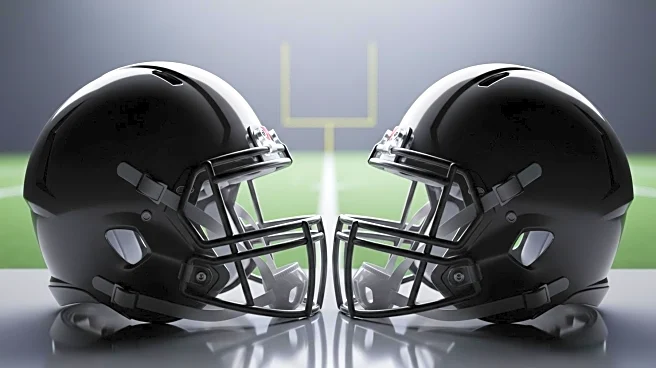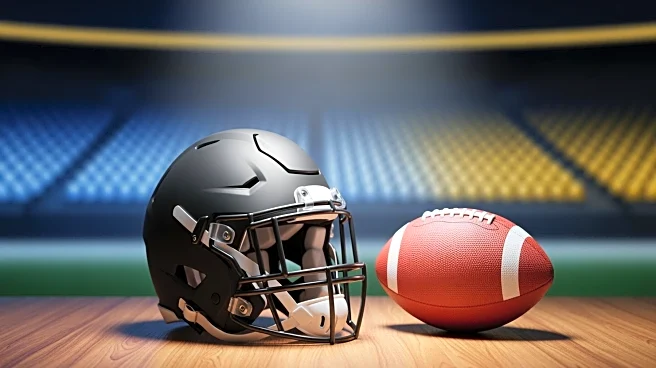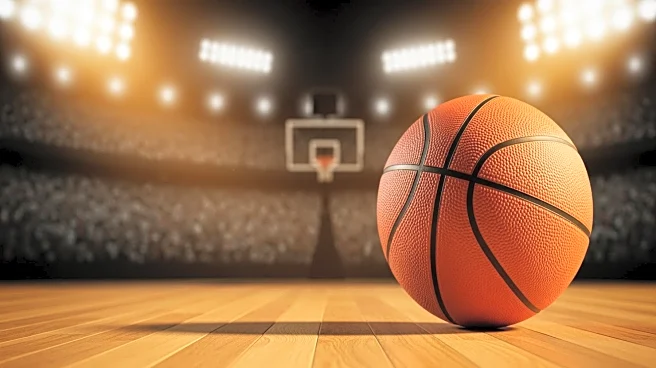What's Happening?
Retired NFL wide receiver Chad 'Ochocinco' Johnson is mourning the death of his former Cincinnati Bengals teammate, Rudi Johnson, who passed away at the age of 45 in South Florida. During a podcast episode co-hosted by Shannon Sharpe, Johnson shared his grief and fond memories of playing alongside Rudi Johnson from 2001 to 2007. Rudi Johnson was a notable player, having been drafted in the fourth round of the 2001 NFL Draft after a standout season at Auburn. The Miami-Dade Sheriff's Office is investigating the death as a suicide, with no evidence of foul play. Bengals president Mike Brown expressed his condolences, highlighting Rudi Johnson's popularity and dependability as a player.
Why It's Important?
The passing of Rudi Johnson highlights the ongoing concerns regarding mental health issues among former athletes, particularly those who may have suffered from Chronic Traumatic Encephalopathy (CTE). This condition has been linked to repeated head injuries, common in contact sports like football. The investigation into Johnson's death as a suicide underscores the need for increased mental health support for retired athletes. The Bengals community and fans are affected by the loss of a player who was admired both on and off the field, prompting discussions about the long-term health impacts of professional sports.
What's Next?
The investigation into Rudi Johnson's death may lead to further scrutiny of mental health support systems for retired athletes. The Bengals organization and the NFL may consider implementing more comprehensive mental health programs to address the needs of former players. Additionally, the sports community may engage in broader discussions about the risks associated with CTE and the importance of early intervention and support.
Beyond the Headlines
Rudi Johnson's death brings attention to the cultural and ethical responsibilities of sports organizations in caring for their athletes post-retirement. The potential link to CTE raises questions about the safety protocols in place during players' careers and the adequacy of post-career health monitoring. This event may catalyze changes in how sports leagues address mental health and brain injury prevention.









